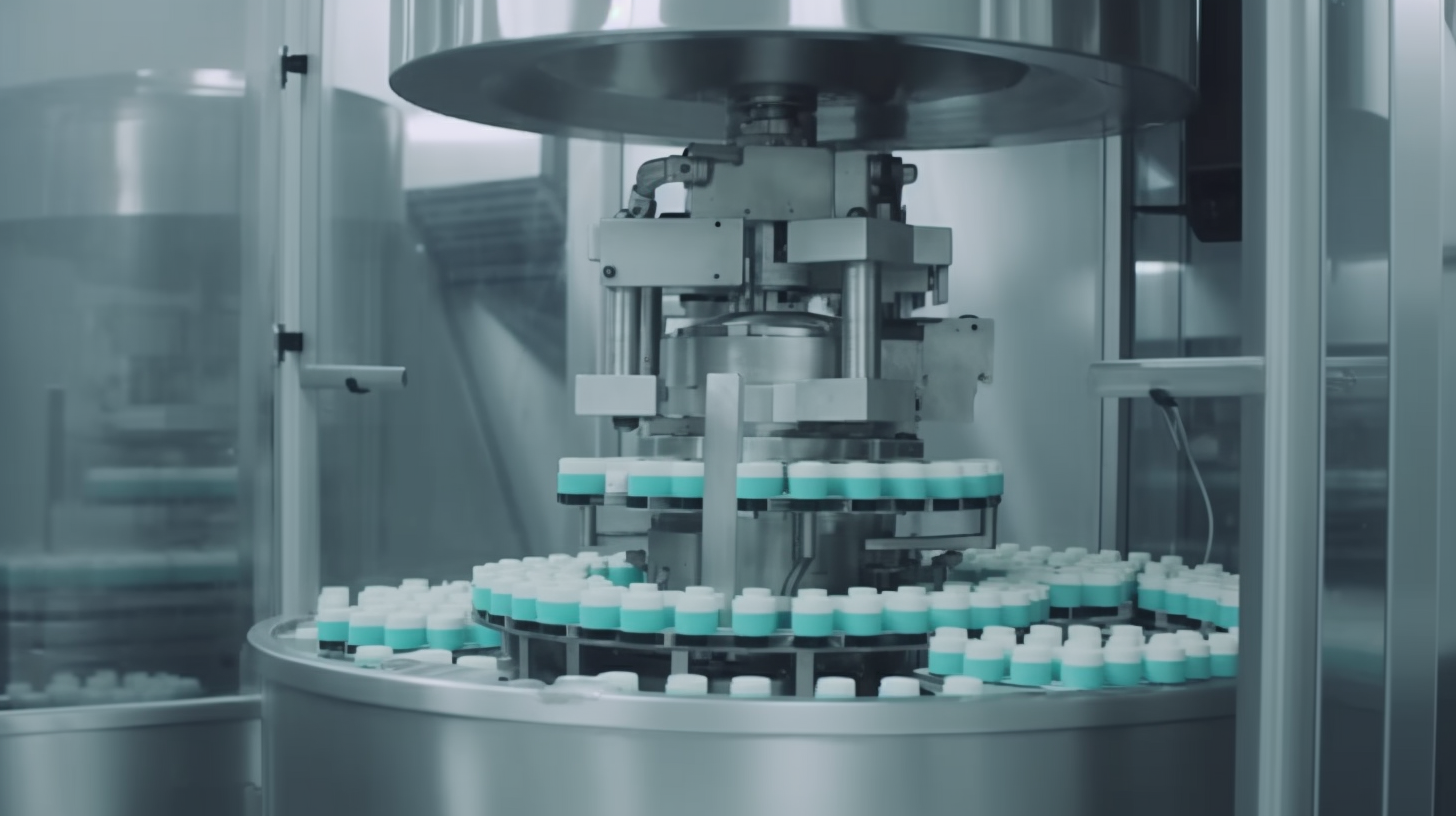
31 May Stay Ahead of the Competition Enhance Your Business with a Fully Automatic Machine
I. Introduction
In today’s fast-paced and competitive market, businesses are constantly seeking ways to gain an edge over their rivals. One powerful tool that has emerged as a game-changer is the fully automatic machine. These cutting-edge technological marvels have revolutionized business operations across various industries, enabling companies to streamline processes, improve productivity, and enhance overall efficiency.
What is fully automatic machine ?
Fully automatic machines are designed to perform tasks with minimal human intervention. They leverage advanced automation and robotics technology to execute complex operations quickly and accurately. From manufacturing and packaging to assembly and quality control, these machines have the capability to handle a wide range of tasks with precision and consistency.

Staying ahead of the competition is paramount for businesses aiming to thrive in today’s fiercely competitive landscape. The integration of fully automatic machines into their operations can provide a significant advantage in achieving this goal. By embracing automation, companies can optimize their processes, reduce costs, and deliver superior products and services to their customers.
In the following sections, we will delve deeper into the specific benefits of fully automatic machines, explore how they can enhance business competitiveness, and showcase real-life success stories of companies that have embraced this technology to outperform their rivals. So let’s embark on this journey to discover how you can stay ahead of the competition and propel your business to new heights with the power of fully automatic machines.
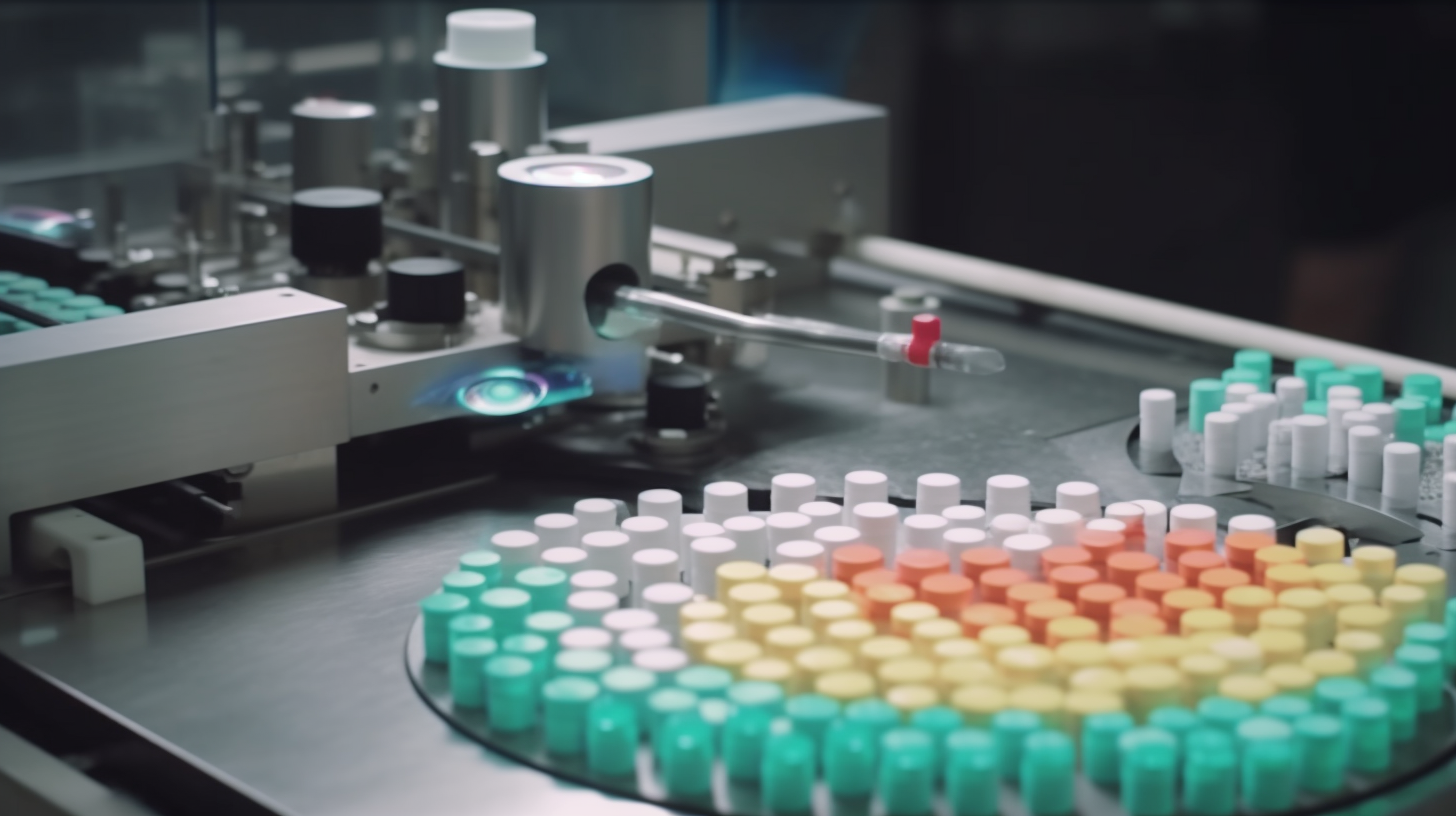
II. The Benefits of Fully Automatic Machines
A. Increased Efficiency and Productivity
Fully automatic machines are a game-changer when it comes to improving efficiency and productivity in business operations. By streamlining processes and eliminating manual tasks, these machines enable companies to achieve remarkable time and resource savings. With their advanced technology and precision, they can execute tasks at a much faster pace than human labor, resulting in accelerated production cycles and reduced downtime.
Incorporating fully automatic machines into your workflow means fewer errors and bottlenecks caused by human limitations. These machines operate with consistent precision, ensuring that each task is performed with accuracy and uniformity. By eliminating the inconsistencies associated with manual labor, businesses can achieve higher quality outputs and deliver reliable products to their customers.
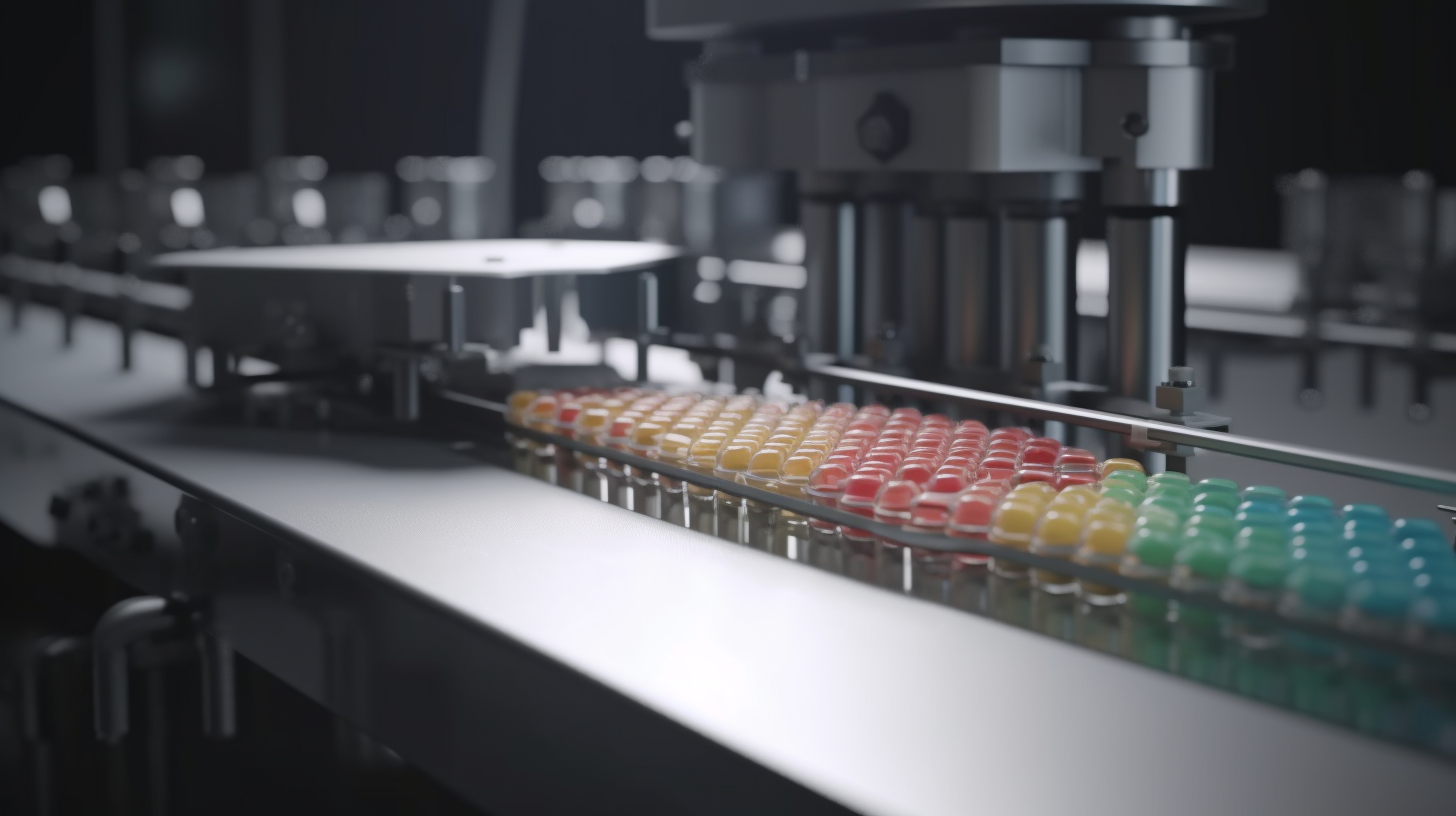
B. Improved Quality and Consistency
Automation plays a vital role in guaranteeing precise and consistent output. Fully automatic machines are programmed to perform tasks with incredible accuracy, reducing the risk of errors and variations. The use of advanced sensors and control systems ensures that each step of the process is executed flawlessly, resulting in products of superior quality.
Compared to manual labor, fully automatic machines significantly minimize the chance of human error. Human workers may experience fatigue, distractions, or inconsistencies in performing repetitive tasks, leading to variations in product quality. By relying on automation, businesses can eliminate these variables and maintain a consistent level of quality throughout their production.
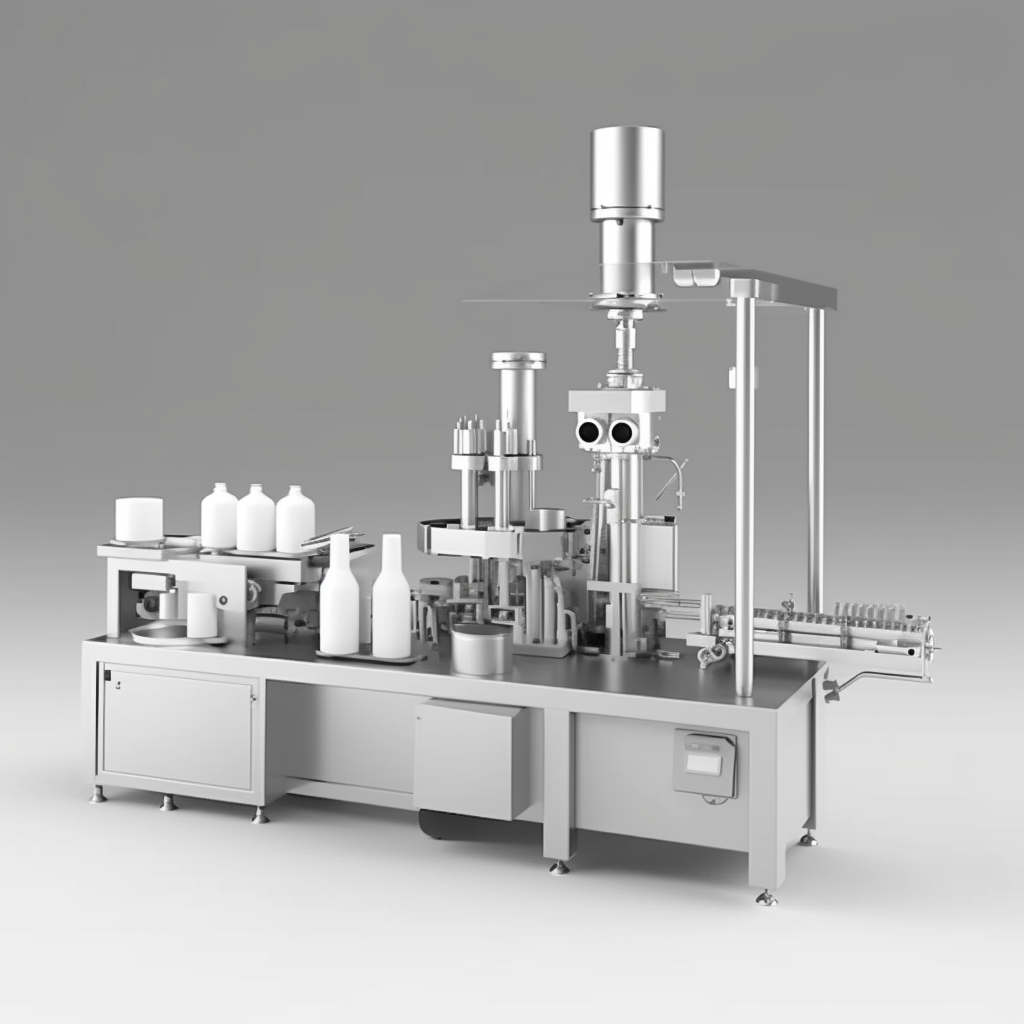
C. Cost Savings and Return on Investment
Implementing fully automatic machines brings significant long-term cost benefits for businesses. Although the initial investment might be substantial, the returns can far outweigh the expenses. Automation reduces labor costs by replacing manual workers with machines that can perform tasks more efficiently and consistently.
Additionally, fully automatic machines contribute to minimizing material waste. With their precise operations, they optimize resource utilization and reduce the chances of product defects or reworks. By minimizing waste and improving resource efficiency, businesses can save on raw material costs and increase overall profitability.
Moreover, automation increases overall productivity, allowing businesses to produce more within a given timeframe. This expanded output capacity can lead to increased sales and revenue, further enhancing the return on investment (ROI) from implementing fully automatic machines.
By harnessing the benefits of fully automatic machines, businesses can achieve enhanced efficiency, improved quality, and substantial cost savings. These machines offer a competitive advantage by enabling faster production cycles, consistent output, and optimized resource utilization, propelling businesses to new heights in today’s dynamic market landscape.
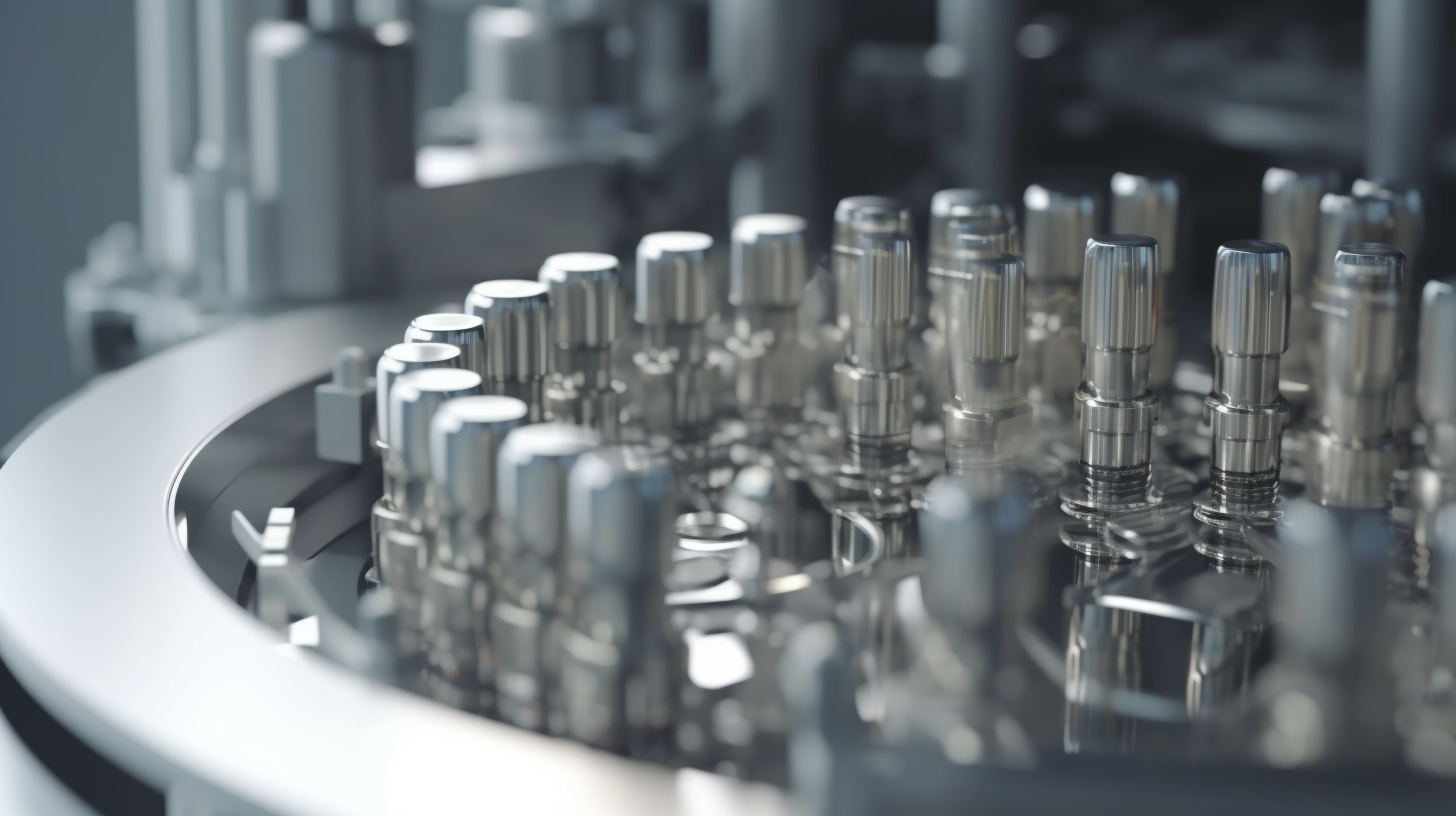
III. Enhancing Business Competitiveness
A. Meeting Growing Customer Demands
In today’s competitive market, businesses face the challenge of meeting growing customer demands while maintaining high-quality standards and quick response times. Fully automatic machines play a crucial role in enhancing business competitiveness by enabling businesses to handle increased production volumes and meet customer expectations promptly.
-
Increased Production Capacities:
Fully automatic machines offer the ability to scale up production capacities effectively. With their high-speed and efficient operations, businesses can meet the rising demand for their products without compromising on quality.
-
Fast Turnaround Times:
The importance of fast turnaround times cannot be overstated in today’s fast-paced market. Fully automatic machines streamline processes and eliminate time-consuming manual tasks, allowing businesses to deliver products to customers quickly. This agility in response time can significantly enhance customer satisfaction and loyalty.
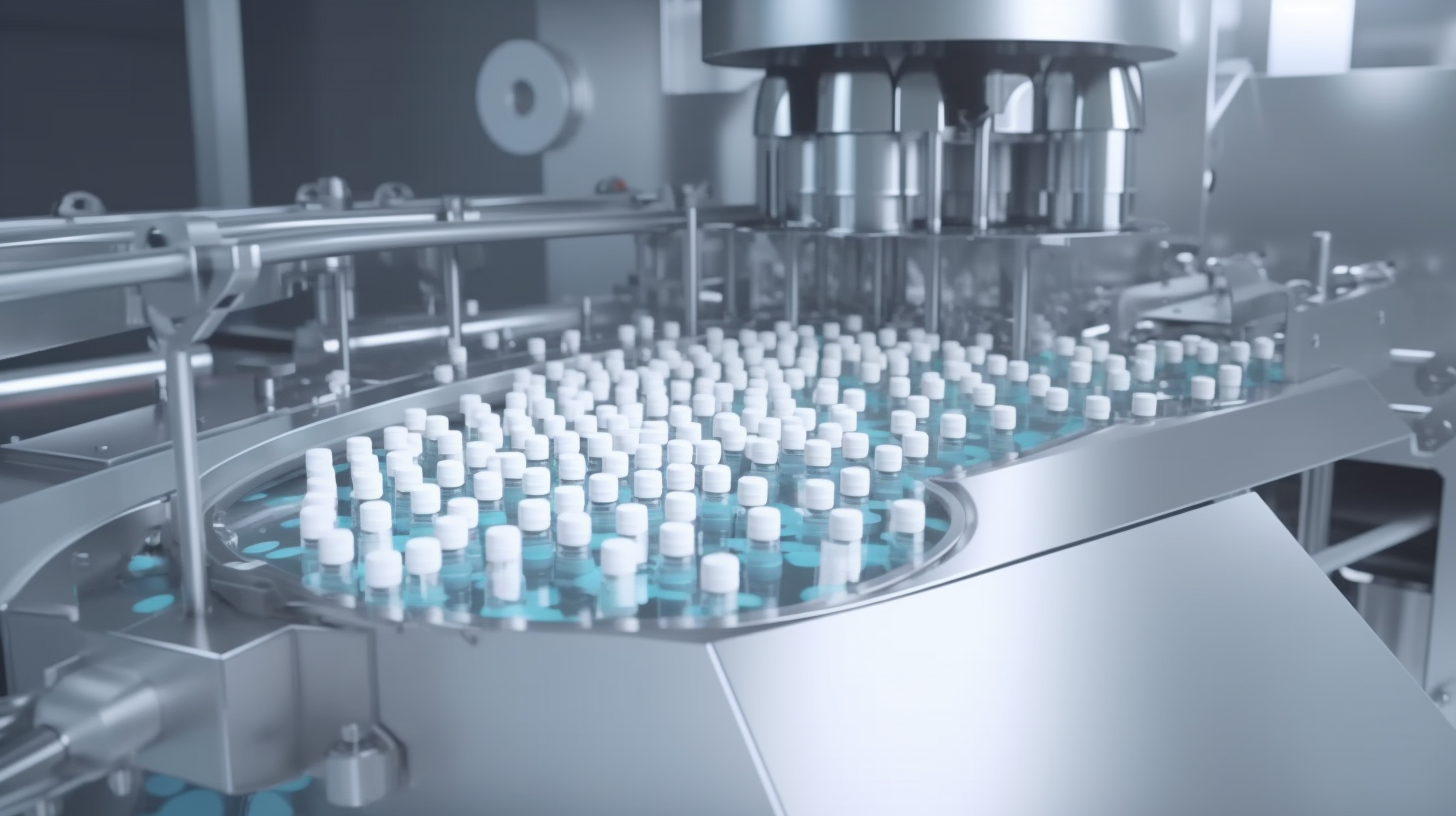
-
Flexibility in Adapting to Market Demands:
Market demands can change rapidly, and businesses need to adapt swiftly to stay competitive. Fully automatic machines provide the flexibility to adjust production processes and accommodate variations in product specifications, packaging, or customization. This agility allows businesses to meet dynamic customer requirements and seize new market opportunities.
-
Optimized Resource Utilization:
Fully automatic machines optimize resource utilization, minimizing wastage of materials, time, and manpower. By eliminating manual errors and reducing rework, businesses can enhance operational efficiency and maximize productivity, ultimately improving their competitiveness in the market.
By leveraging the benefits of fully automatic machines to meet growing customer demands, businesses can gain a significant competitive edge and position themselves as leaders in their industry. It is crucial to invest in the right machinery and continually adapt to evolving market trends to ensure sustainable growth and success.
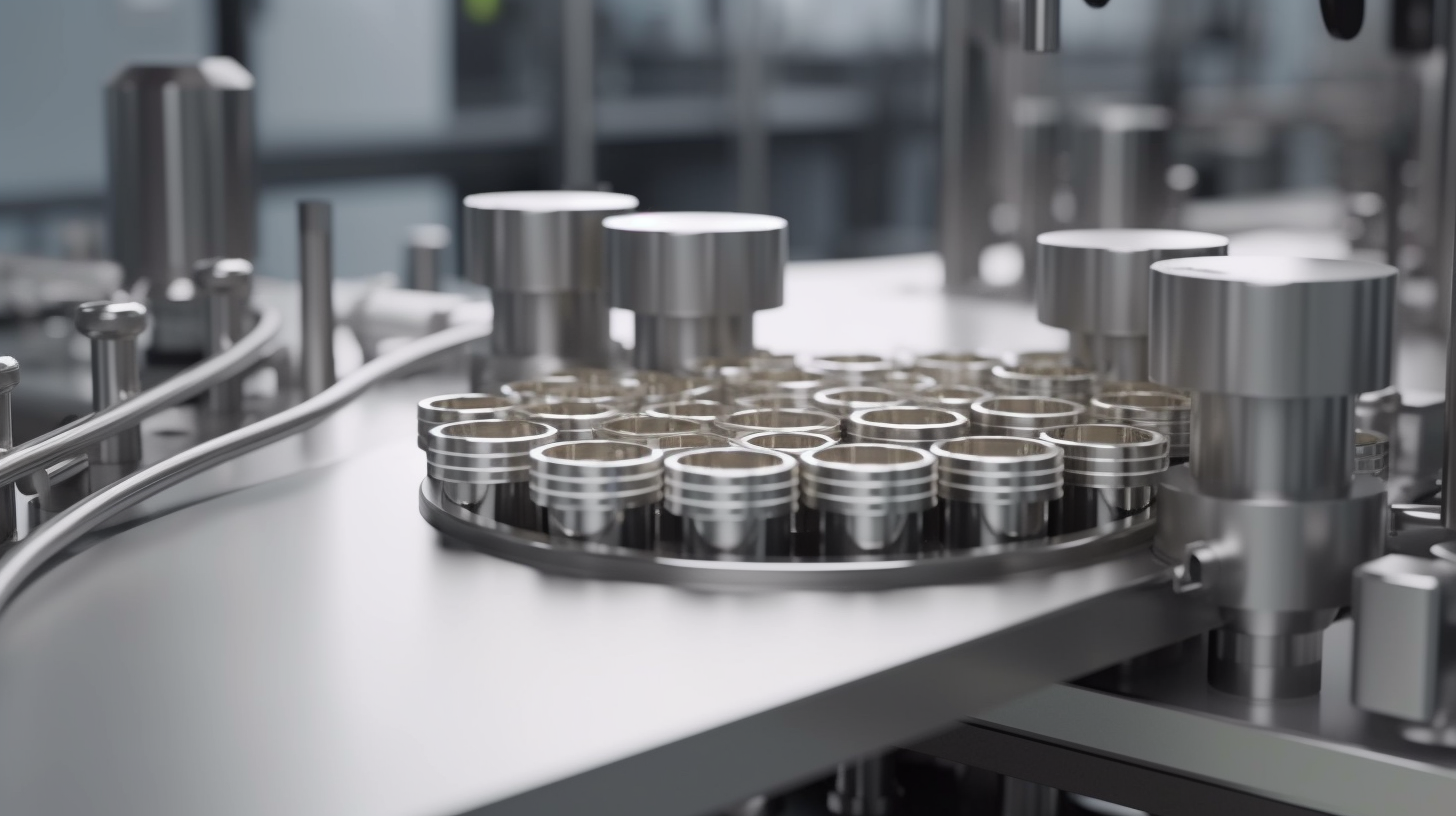
B. Maintaining Consistent Product Quality
Delivering consistent, high-quality products is essential for businesses to gain customer trust, foster loyalty, and establish a competitive advantage in the market. Fully automatic machines play a crucial role in maintaining and enhancing product quality standards. Here are some key points to consider:
-
Precise and Accurate Operations:
Fully automatic machines are designed to perform tasks with precision and accuracy, minimizing human errors that can impact product quality. These machines follow standardized processes, ensuring consistency in product dimensions, weight, and other specifications.
-
Uniformity and Standardization:
By automating production processes, fully automatic machines ensure uniformity and standardization in product output. They eliminate variations that can occur due to manual labor, resulting in consistent quality across all manufactured items.
-
Quality Control Mechanisms:
Fully automatic machines often incorporate built-in quality control mechanisms. These can include sensors, detectors, or computerized systems that monitor and verify product quality at various stages of production. These mechanisms help identify and rectify any deviations or defects, ensuring only high-quality products reach the market.

-
Compliance with Regulations and Standards:
In many industries, adhering to strict regulations and quality standards is crucial. Fully automatic machines can be programmed to meet these requirements consistently, ensuring that products meet industry-specific regulations, safety standards, and customer expectations.
-
Continuous Improvement:
Automation allows businesses to collect data and analyze production metrics more efficiently. This data-driven approach enables continuous improvement in product quality. By monitoring performance indicators and identifying areas for enhancement, businesses can fine-tune their fully automatic machines and optimize processes to deliver even higher levels of product quality.
Maintaining consistent product quality with the help of fully automatic machines not only satisfies customer expectations but also safeguards brand reputation and encourages repeat business. By leveraging the capabilities of these machines, businesses can uphold quality standards, differentiate themselves in the market, and build a loyal customer base.

C. Streamlining Operations and Gaining a Competitive Edge
In today’s highly competitive business landscape, streamlining operations is crucial for businesses to gain a competitive edge. Automation, particularly through fully automatic machines, offers significant advantages in optimizing production processes, reducing lead times, and unlocking opportunities for strategic tasks and innovation. Here are key points to consider:
-
Optimizing Production Processes:
Fully automatic machines enable businesses to streamline and optimize their production processes. These machines operate with high precision, speed, and efficiency, minimizing bottlenecks and optimizing workflow. By eliminating manual tasks and automating repetitive processes, businesses can achieve higher production outputs and improve overall operational efficiency.
-
Reducing Lead Times:
Reducing lead times is essential for meeting customer demands promptly and staying ahead of competitors. Fully automatic machines, with their advanced capabilities, expedite production cycles, allowing businesses to deliver products faster. By minimizing production delays and increasing throughput, businesses can enhance customer satisfaction and gain a competitive advantage.
-
Enhancing Quality and Consistency:
Automation plays a crucial role in ensuring quality and consistency in production. Fully automatic machines follow pre-set parameters and standards, resulting in reduced errors and variations compared to manual labor. By maintaining consistent quality, businesses can build a strong reputation, gain customer trust, and differentiate themselves in the market.

-
Resource Optimization:
Fully automatic machines free up human resources from repetitive or manual tasks, enabling them to focus on more strategic and innovative activities. Employees can contribute to research and development, process improvement, product innovation, and customer engagement. This resource optimization fosters creativity, problem-solving, and continuous improvement, enhancing the overall competitiveness of the business.
-
Scalability and Adaptability:
Fully automatic machines offer scalability, allowing businesses to adjust production capacities according to market demands. They provide flexibility in accommodating product variations, customization, or new product introductions. This adaptability enables businesses to respond quickly to changing market trends and customer preferences, gaining a competitive edge in the industry.
By embracing automation and leveraging the capabilities of fully automatic machines, businesses can streamline operations, reduce lead times, enhance product quality, and utilize human resources more strategically. This holistic approach positions businesses for success in today’s competitive market environment.
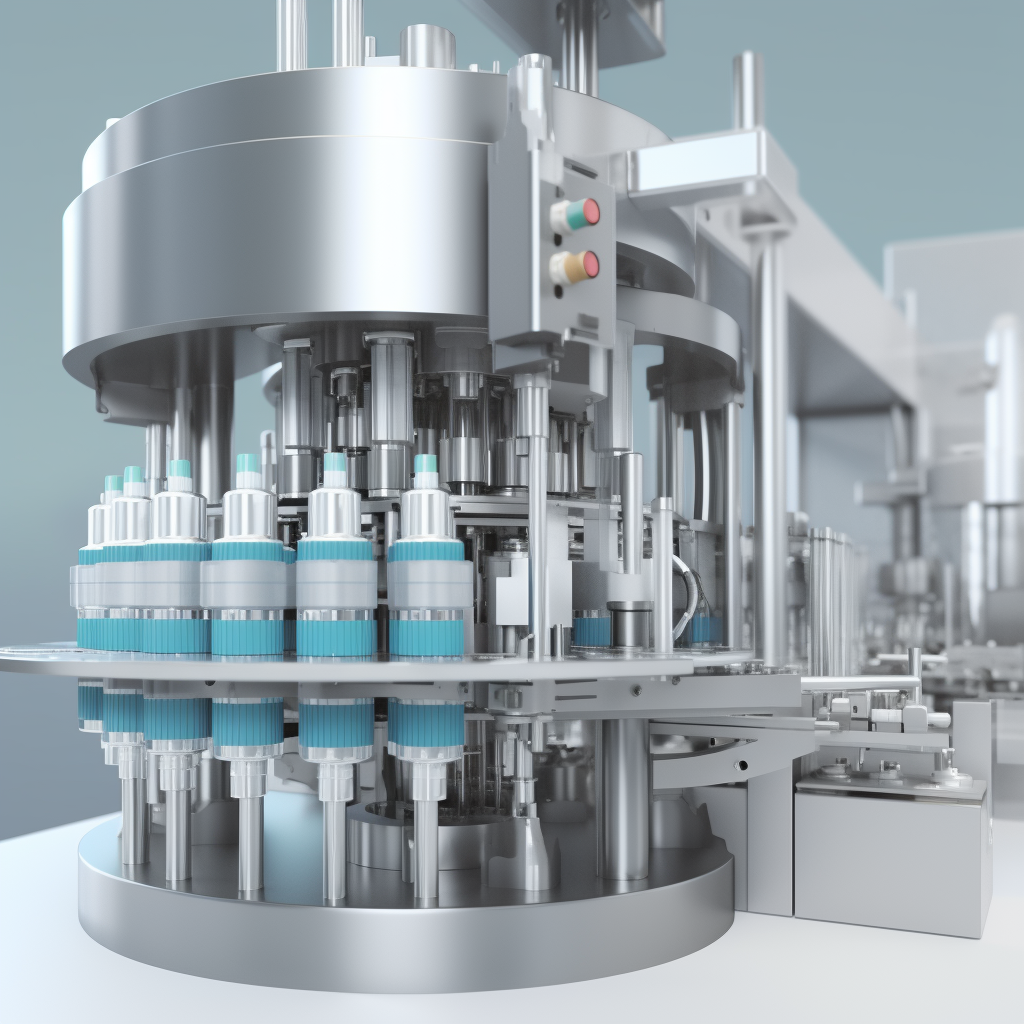
IV. Case Studies and Success Stories
Real-life examples of businesses that have successfully enhanced their operations and competitiveness through the implementation of fully automatic machines serve as powerful illustrations of the benefits of automation. These case studies highlight specific achievements and demonstrate the positive impact of fully automatic machines on various aspects of business performance. Let’s dive into a fictional case study that exemplifies the transformative power of automation:
Case Study: XYZ Manufacturing Company
XYZ Manufacturing Company, a medium-sized electronics manufacturer, sought to enhance its operations and competitiveness in the market. They recognized the need to streamline their production processes, improve efficiency, and deliver high-quality products consistently. To achieve these goals, they decided to invest in fully automatic machines. Manufacturing Company, a medium-sized electronics manufacturer, sought to enhance its operations and competitiveness in the market.
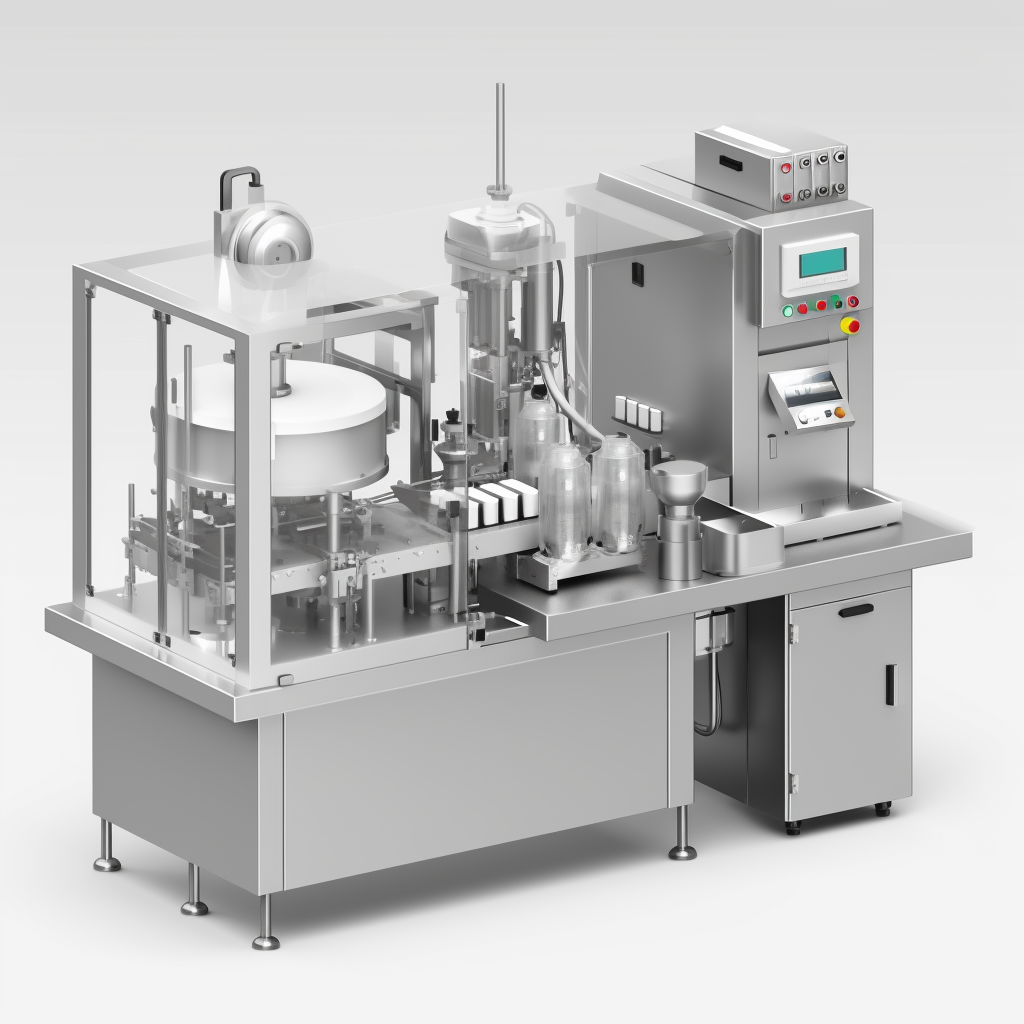
With the implementation of fully automatic machines, XYZ Manufacturing Company experienced remarkable improvements across several areas. Here are the key highlights:
-
Increased Production Capacity:
By automating their production processes, XYZ Manufacturing Company significantly increased their production capacity. The fully automatic machines efficiently handled complex tasks, enabling the company to meet growing customer demands and scale their operations effectively.
-
Enhanced Efficiency and Cost Savings:
The automated machines streamlined operations and eliminated manual tasks, leading to improved efficiency. XYZ Manufacturing Company experienced reduced labor costs, minimized material waste, and optimized resource utilization. These cost savings contributed to increased profitability and allowed for further investments in research and development. Manufacturing Company experienced reduced labor costs, minimized material waste, and optimized resource utilization.
-
Consistent Product Quality:
With fully automatic machines, XYZ Manufacturing Company achieved consistent product quality. The machines followed precise specifications and maintained strict quality control throughout the production process. This resulted in high-quality products, improved customer satisfaction, and enhanced brand reputation. Manufacturing Company achieved consistent product quality.
-
Streamlined Operations and Faster Turnaround Times:
The implementation of fully automatic machines enabled XYZ Manufacturing Company to streamline their operations. The automated processes reduced lead times, expedited production cycles, and allowed for faster turnaround times. This agility in meeting customer demands gave the company a competitive edge in the market.
-
Customer Satisfaction and Market Growth:
As a result of their improved efficiency, consistent product quality, and faster delivery times, XYZ Manufacturing Company experienced increased customer satisfaction. Satisfied customers became loyal advocates, contributing to the company’s market growth and attracting new customers through positive word-of-mouth.
XYZ Manufacturing Company’s success story serves as a testament to the transformative power of fully automatic machines. By embracing automation, they were able to enhance their operations, deliver high-quality products consistently, and gain a competitive advantage in the market. Manufacturing Company’s success story serves as a testament to the transformative power of fully automatic machines.

V. Conclusion
In today’s dynamic market landscape, embracing automation through the utilization of fully automatic machines offers significant benefits for businesses seeking to enhance their operations and stay ahead of the competition. Throughout this article, we have explored the numerous advantages that fully automatic machines bring to businesses.
In conclusion, the utilization of fully automatic machines is essential for businesses aiming to enhance their operations and stay ahead of the competition. By embracing automation, businesses can unlock greater efficiency, improved quality, cost savings, and a competitive edge. It is crucial for businesses to adapt to the changing market landscape and leverage the benefits that fully automatic machines offer.
Embrace automation today and position your business for success in the fast-paced and competitive market environment.

